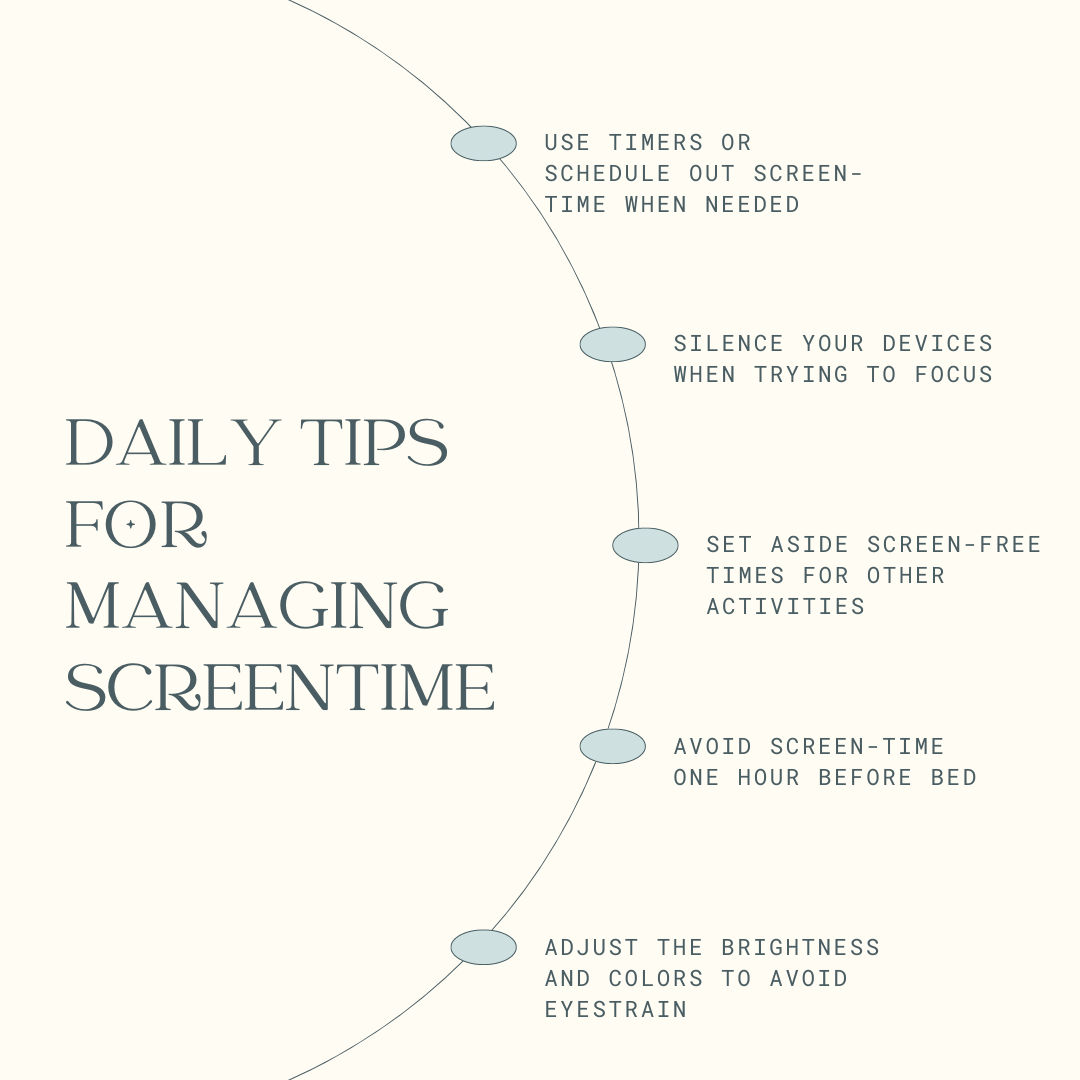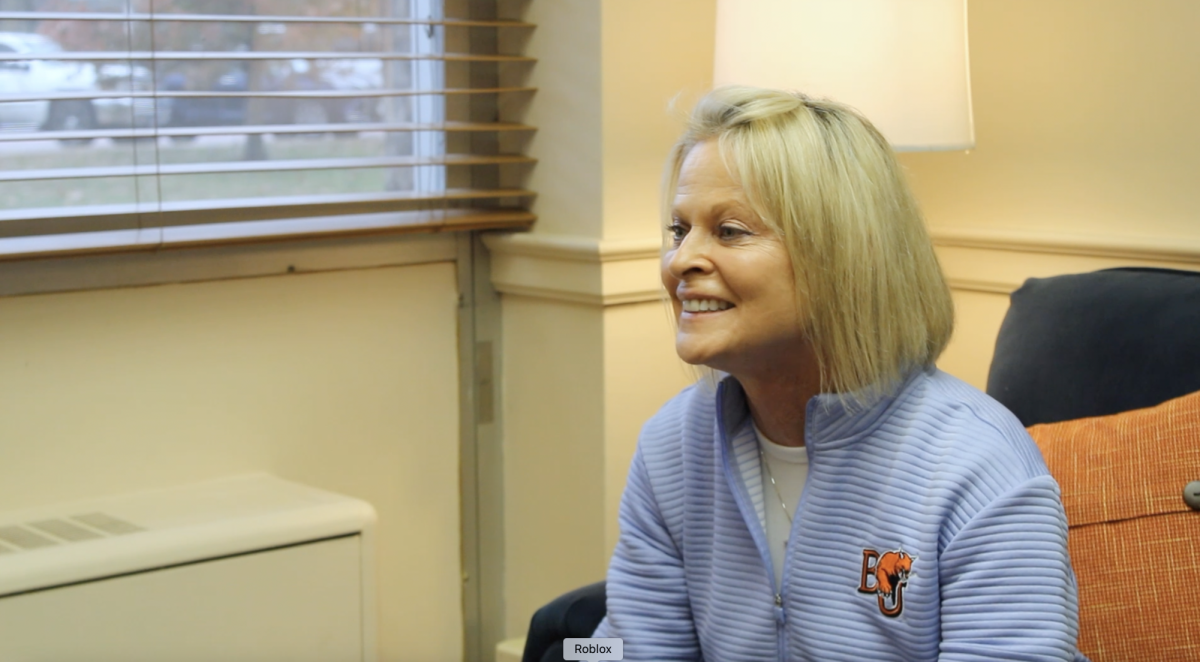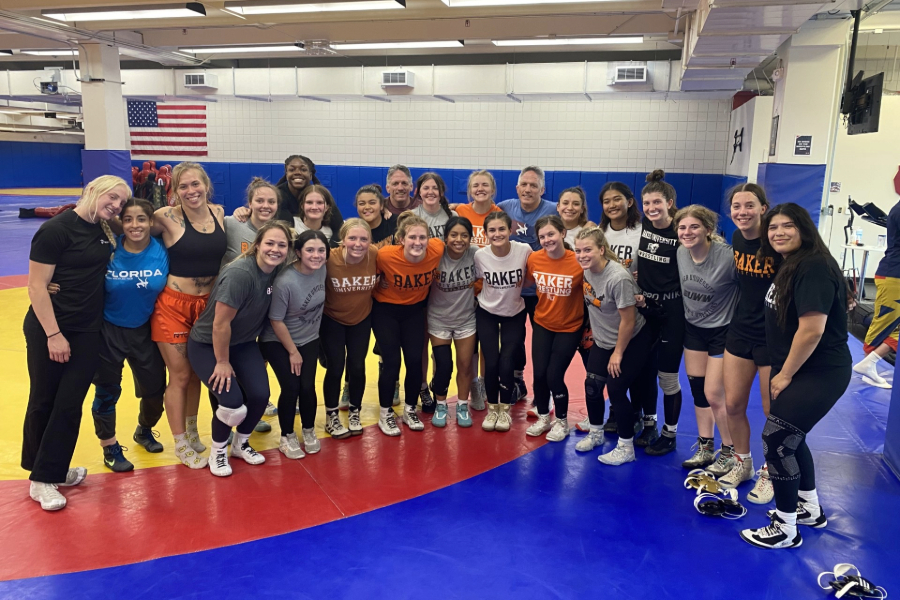How many hours of screen-time does the average college student rack up in a day? From laptops to smartphones to tablets, the average amount of screen-time for college students is more than an average day of school for grades K-12. Over 8 hours a day are devoted to social media, online homework and other personal uses for many students all across the country.
For Baker students specifically, managing their screen-time usage can be challenging.
Sutton Dye is a freshman and says that “I definitely know I’m on my devices more than I should be. I’d say I’m on my phone more mainly because it’s always with me wherever I go.”
He notes that with the start of the school year and practices after classes, his amount of screen-time has gotten better.
Sophomore Kate Gifford explained that using screens can take away from other things she enjoys.
“I feel trapped in a hole of scrolling, when I could be outside or reading the Bible,” Gifford said.
Screen time can take away from hobbies and activities and it can be difficult to switch off social media or other online platforms.
Most social media platforms are designed to be addictive and more engaging than homework or emails. This is why so many students have trouble with turning off social media specifically. As these platforms become more accessible and engaging, they can have a bigger influence in the lives of many students.
After so much time is dedicated to using a screen, lots of students start to notice a decline in their mental health. Heavy screen usage overtime can lead to feelings of isolation, anxiety, tiredness, insomnia, body dysmorphia and depression. There are many strategies out there to combat these feelings even though they may feel challenging to overcome.
Limiting screen time is probably the most effective way to reduce anxiety and even procrastination. Another strategy can be to schedule when to use certain apps or programs so that less time is spent on unrelated activities. Silencing devices can be helpful when trying to focus.
Participating in screen-free activities like exercise, meditation or just hanging out with friends can be great mood-boosters. Going to on-campus events or joining a club can also help.
To get better sleep, try to avoid looking at a screen before bed for at least one hour. Or if homework sessions late at night are more the style, lower the brightness and adjust the colors to more yellow hues to get a less harsh effect and to avoid eye strain.
For more help, the Baker Student Counseling Center is open Monday through Friday and offers different solutions. There are also numerous online resources that are available 24/7. Screen-time is just one of the many things college students have on their plates and it is worthwhile knowing that there are ways to improve and feel more positive.














